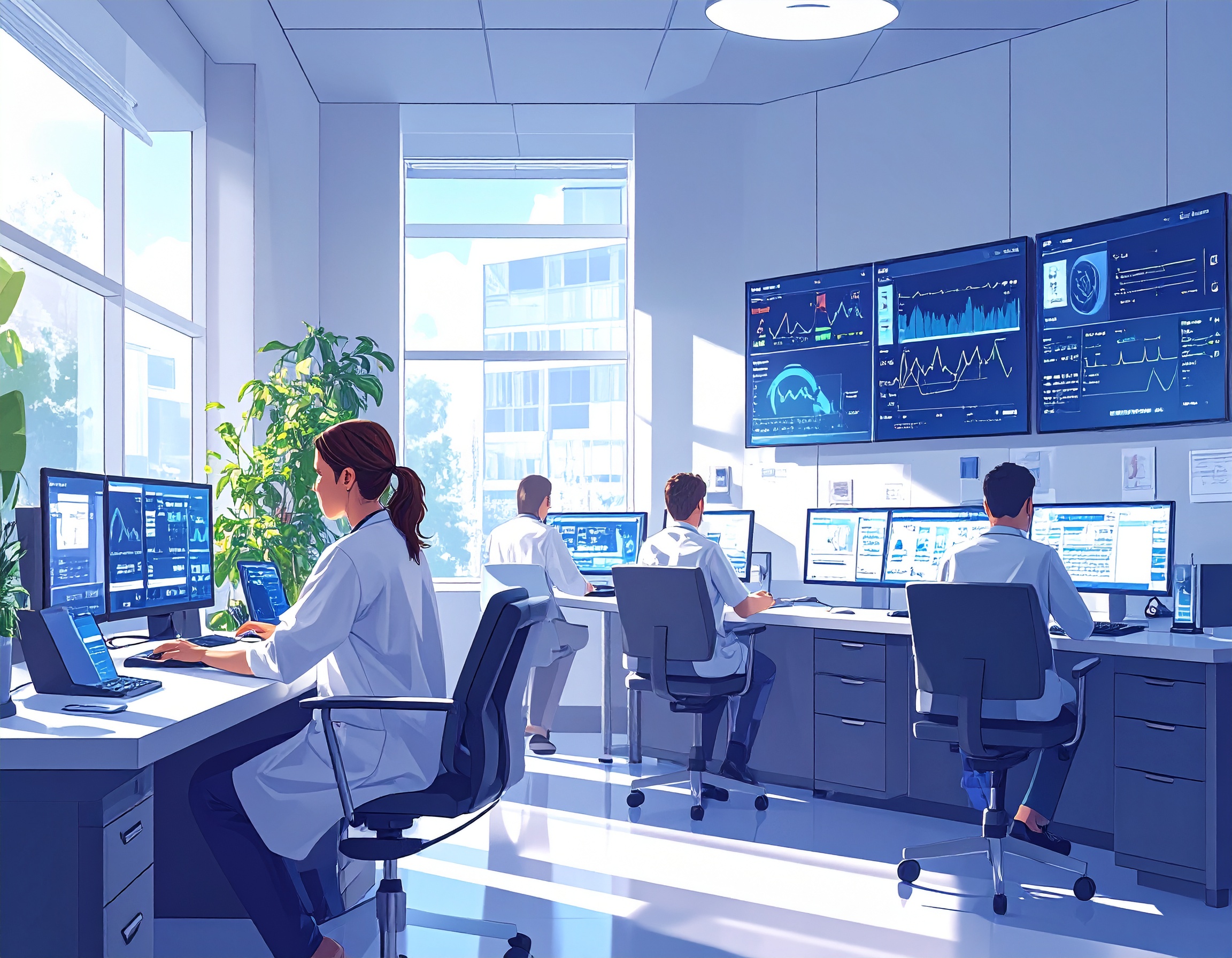NHS Health Checks in England to Include Menopause Questions for the First Time

Millions of women in England will benefit as NHS health checks are set to include questions about the menopause for the first time, government ministers have announced. The move is aimed at improving support, awareness, and early intervention for women experiencing menopause symptoms.
The NHS health check programme, offered every five years to adults aged 40 to 74 without pre-existing long-term conditions, is designed to identify those at higher risk of heart disease, stroke, type 2 diabetes, dementia, and kidney disease. Starting in 2026, these checks will also assess menopause-related health, reaching an estimated 5 million women across England. Questions are currently being drafted by the Department of Health and Social Care (DHSC).
“Women have been suffering in silence for far too long,” said Health Secretary Wes Streeting. “This change will give women the visibility and support they have long been asking for. No one should have to endure debilitating symptoms or be told it’s simply part of life.”
Menopause affects nearly three-quarters of women, causing symptoms such as hot flushes, night sweats, sleep disturbances, and depression, with around a quarter describing symptoms as severe. Hormone Replacement Therapy (HRT), recommended by NICE guidance, can relieve symptoms, maintain muscle strength, and help prevent osteoporosis, yet many women report they are not receiving adequate advice or treatment.
“By tailoring NHS health checks to include menopause questions, we hope more women will access the care and support they need,” said Dr Sue Mann, NHS England’s National Clinical Director for Women’s Health.
Experts have welcomed the announcement, while highlighting the need for improved awareness and access to health checks. Professor Ranee Thakar, President of the Royal College of Obstetricians and Gynaecologists, called it “fantastic news” that will reduce stigma but emphasized the importance of targeting efforts effectively.
Author and women’s health advocate Kate Muir added:
“This is desperately needed, especially to provide evidence-based information on HRT. NHS health checks are an ideal opportunity to reach all communities, including groups underrepresented in HRT usage—only 5% of Black and 6% of Asian women are currently receiving HRT compared to 23% of white women.”
Janet Lindsay, Chief Executive of Wellbeing of Women, urged that the rollout be inclusive:
“Women and people from marginalised communities are less likely to know about or attend NHS health checks. Healthcare professionals must collaborate with grassroots organisations to ensure everyone receives tailored support.”
The initiative is part of the NHS’s broader commitment to women’s health and preventative care, ensuring that menopause is recognised as a significant health stage rather than an afterthought. By integrating menopause questions into routine health checks, the NHS aims to reduce stigma, improve early intervention, and provide equitable access to evidence-based treatments across England.

